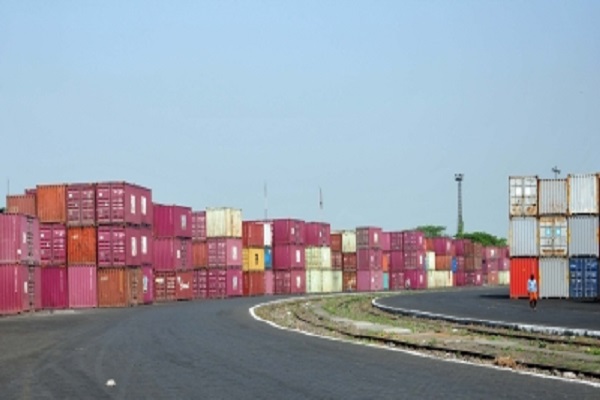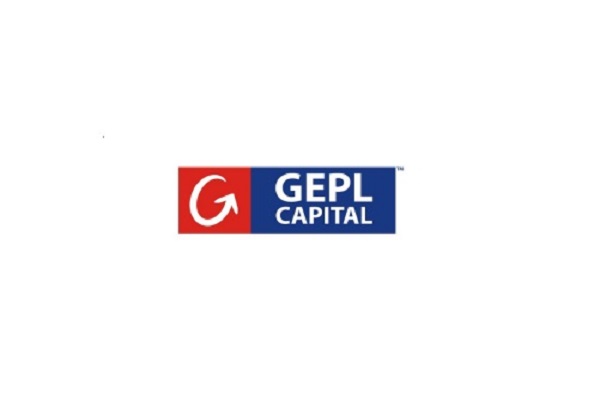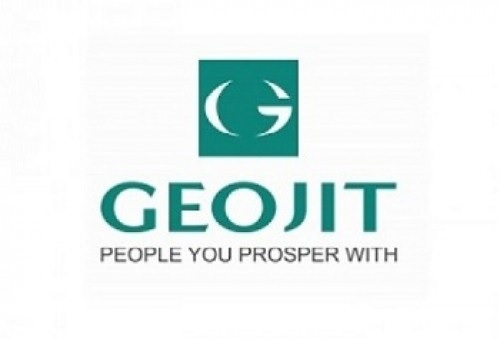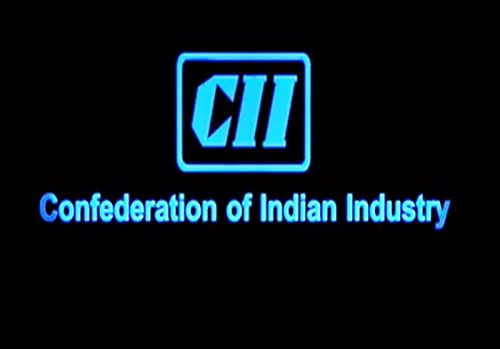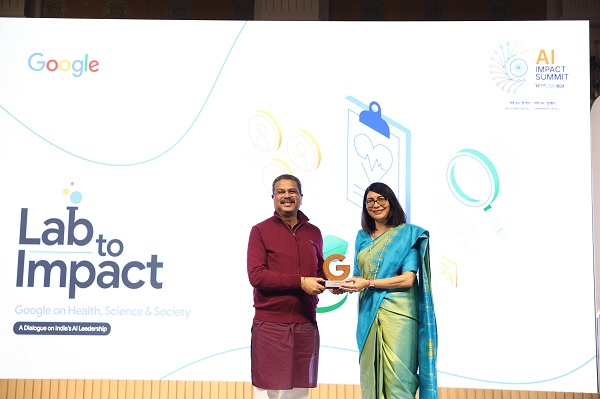Education Sector Expectations: Making Quality Learning Accessible

The education sector is the cornerstone of societal development, shaping the future of nations by equipping individuals with knowledge and skills. However, achieving quality learning that is accessible to all remains a challenge in many regions, especially in developing countries. As the world evolves with technological advancements and shifting societal demands, expectations for the education sector are rising. Here, we explore key areas where transformation is critical to making quality learning accessible to everyone.
1. Digital Infrastructure for Inclusive Education
The pandemic underscored the importance of digital infrastructure in ensuring continuity of education. Governments and private entities must collaborate to bridge the digital divide by providing affordable internet access, devices, and digital literacy training to underserved communities. Innovations like mobile learning platforms and offline-compatible educational content can further expand access to remote and rural areas.
2. Curriculum Modernization
Traditional curricula often fail to prepare students for the modern workforce. Education systems should emphasize STEM (science, technology, engineering, and mathematics) subjects, critical thinking, creativity, and problem-solving skills. Additionally, integrating vocational training and life skills into mainstream education can empower students with practical knowledge and employability.
3. Teacher Training and Support
Teachers are pivotal in delivering quality education. Continuous professional development, access to modern teaching tools, and adequate remuneration are essential to attract and retain skilled educators. Training programs should focus on equipping teachers with methods to engage diverse learners and incorporate technology effectively.
4. Affordable and Equitable Education
Cost remains a significant barrier for many students. Governments must allocate higher budgets to education and introduce policies that reduce financial burdens, such as scholarships, free textbooks, and subsidized tuition. Public-private partnerships can also play a role in making quality education affordable without compromising standards.
5. Embracing EdTech Innovations
The rise of education technology (EdTech) has opened new avenues for personalized and scalable learning. AI-driven adaptive learning platforms, gamified education, and virtual classrooms cater to individual learning paces and styles. Governments and institutions should collaborate with EdTech companies to integrate these tools into the broader education framework.
6. Focus on Mental Health and Well-being
Education systems must recognize the importance of mental health in academic success. Schools and colleges should provide access to counselors, incorporate social-emotional learning into the curriculum, and foster a supportive environment where students feel safe to express themselves.
7. Policies for Inclusive Education
Inclusion is a critical aspect of quality education. Policies should address the needs of marginalized groups, including students with disabilities, girls in patriarchal societies, and those affected by conflict or displacement. Accessible infrastructure, specialized learning resources, and community engagement can help eliminate barriers to education.
8. Strengthening Public-Private Partnerships
Collaboration between public institutions and private enterprises can accelerate progress in the education sector. Private entities can bring innovation, funding, and expertise to complement government efforts, while public institutions ensure that initiatives align with national educational goals and reach underserved populations.
9. Leveraging Data for Continuous Improvement
Data-driven decision-making can transform education by identifying gaps, measuring outcomes, and tailoring interventions. Governments and institutions should invest in robust data collection and analysis mechanisms to monitor progress and inform policy changes.
Conclusion
Making quality learning accessible is not merely an educational imperative but a societal one. The collective efforts of governments, educators, private organizations, and communities are essential to create an education system that leaves no one behind. By addressing infrastructure, affordability, inclusivity, and innovation, the education sector can fulfill its role as a powerful catalyst for individual and societal progress.



